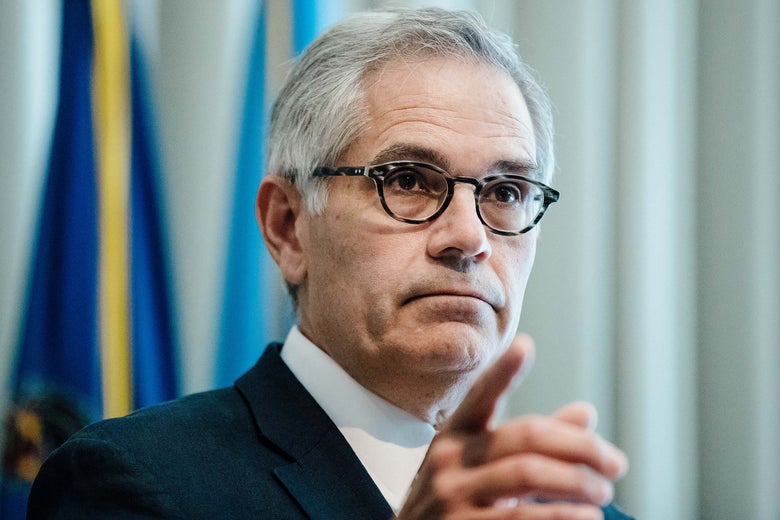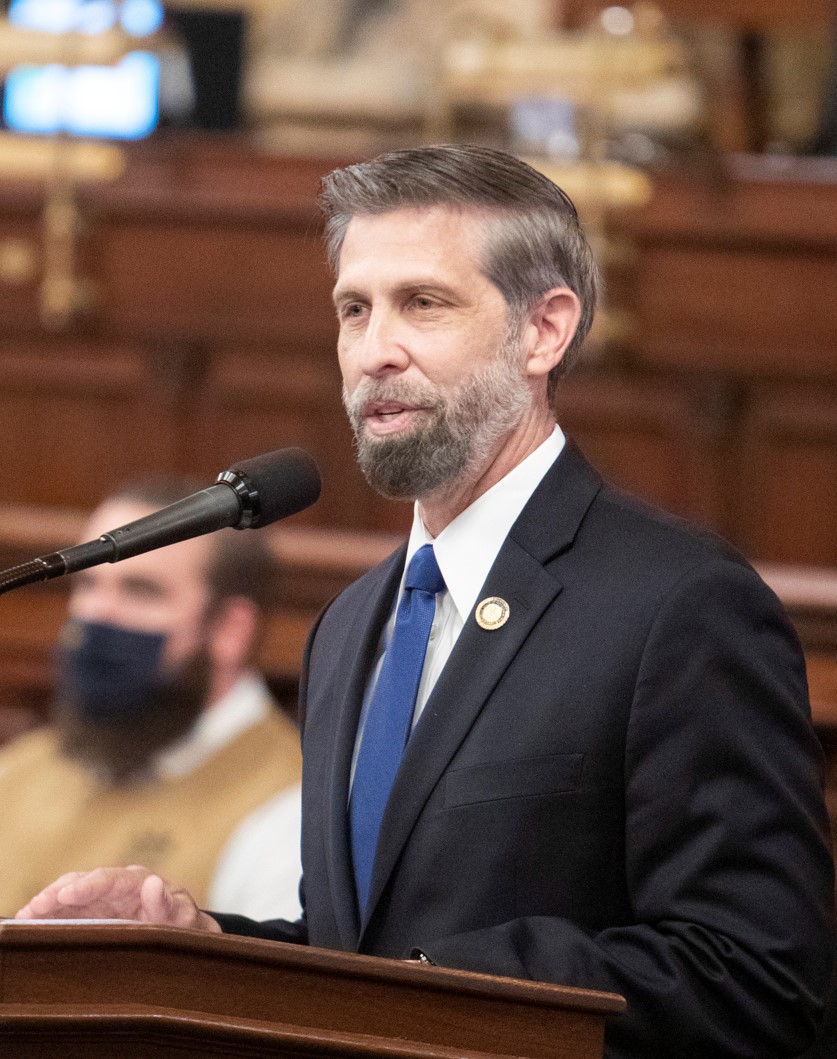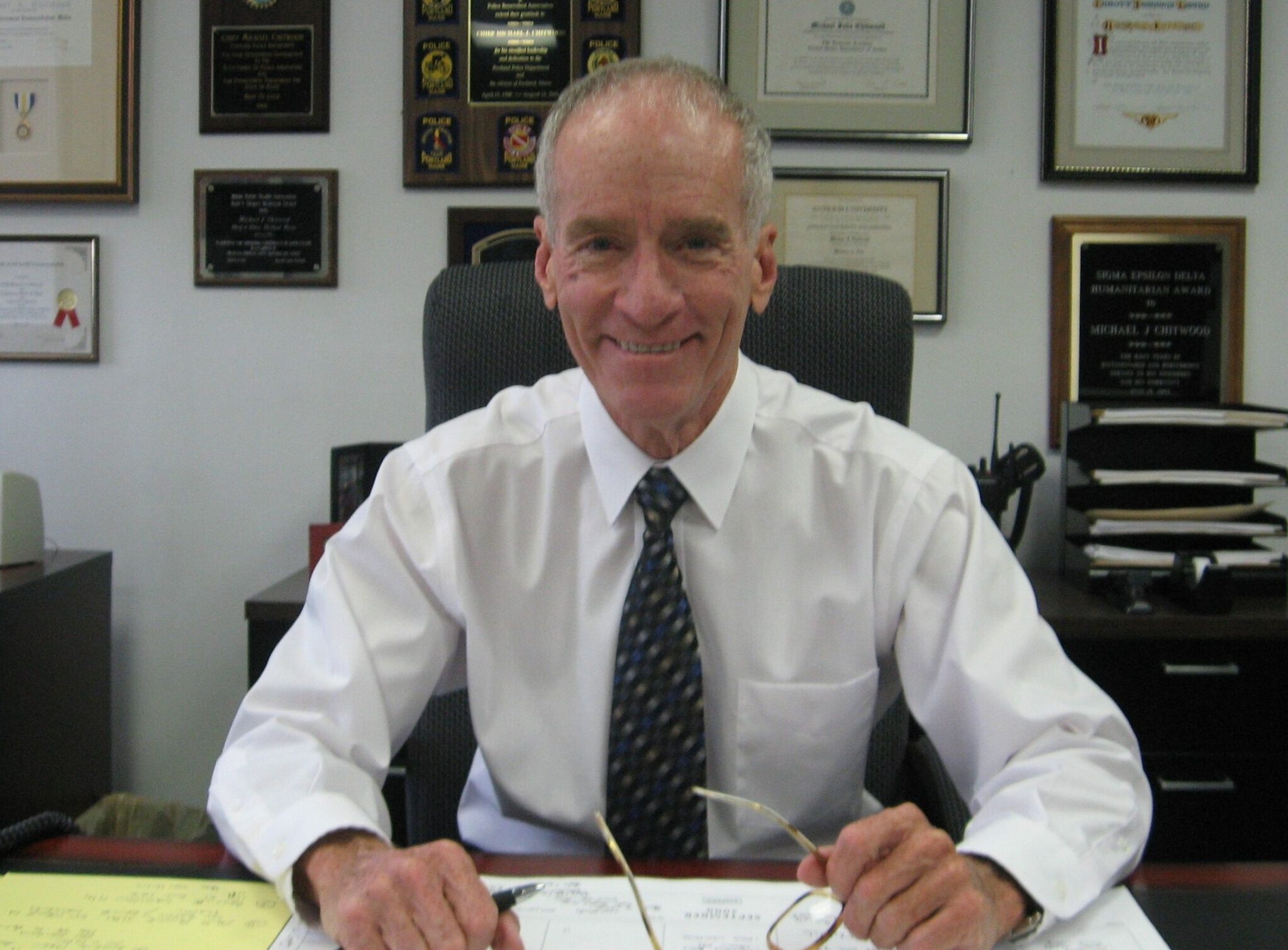Is the Manhattan DA’s Case Against Trump Well-Founded or a Political Sham?

Is the 34-count indictment against former President Donald Trump as weak as some are saying? Or is it a formidable legal morass that Trump, even as he campaigns for president, needs to beat?
The indictment returned by a grand jury at the behest of Manhattan District Attorney Alvin Bragg claims Trump did not properly document business transactions regarding a hush payment to porn actress Stormy Daniels.
Harvard law professor Alan Dershowitz said he believes the case should not have been brought.
Dershowitz wrote, “But this indictment speaks to how laughable and blatantly political this prosecution really is. It’s a tragedy. Bragg labored mightily – ultimately, he produced a mouse.
“In essence, this is a case about book-keeping,” Dershowitz continued.
He added, “Trump is accused of not accurately recording hush money payments on public financial documents. Consider how ridiculous that is. As I’ve written before, while immoral, such payments are legal and, in fact, common among high-profile people. It is also not uncommon to withhold why the actual hush money is paid.”
A key witness against Trump is his former lawyer, Michael Cohen, who gave Daniels the $130,000 hush money check claiming Trump told him to do it. Cohen had previously pleaded guilty to nine charges in federal court and was sentenced to three years in prison.
Earlier, the U.S. Justice Department and Bragg’s predecessor, Cy Vance, also investigated the matter and declined to charge Trump.
Tom Hogan, a former Chester County district attorney who is an adjunct fellow at the Manhattan Institute think tank, told DVJournal, “The case against former President Trump is an untested and highly technical legal theory based on deeply flawed witnesses. But in front of a Manhattan judge and jury, it is not an unwinnable case.”
In a City Journal article, Hogan said the indictment, whether he succeeds in convicting Trump or not, is a political win for Bragg, a Democrat.
Bruce L. Castor Jr., a former Montgomery County district attorney now in private practice, said, “We are supposed to be a nation of laws and not men. When prosecutors base decisions on political self-interest or to advance a political agenda, we become a nation of men and not laws. Who in their right mind thinks that is the way the law ought to be enforced?”
Joe McGettigan, a former assistant attorney general now in private practice, said, “As for the Trump indictment, well, this action reminds me of the statement attributed to Lavrentiy Beria, the head of Stalin’s secret police. He is supposed to have said, ‘Show me the man and I’ll find you the crime.’
“When I was responsible for making decisions about whether to charge persons with crimes, one of the bases for declining to charge was ‘lacks prosecutorial merit.’ DA Alvin Bragg had his man even before he was elected. Bragg then found his crime, regardless of the lack of prosecutorial merit. One need not be a particular fan of Trump’s, as I am not, to regret a politically motivated prosecutor bringing charges that lack prosecutorial merit, because he must ‘get Trump.’
“As a longtime prosecutor, this is an embarrassment,” said McGettigan. “As an American, it is repugnant. Obviously, many Americans look forward to the day when Trump is no longer powerful, or even relevant. An equal or greater number may come to hope for the day when those pursuing Trump are no longer in power either. Prosecuting crimes is to protect the public, not to attack political enemies.”
But other lawyers believe Bragg has the goods.
“This is your basic run-of-the-mill ‘the coverup is what gets you’ sort of crime. Just ask (Richard) Nixon or Al Capone,” said Villanova Law School Vice Dean Michael Risch. “Is this case weak? Probably no weaker than those, depending on how you feel about the underlying crime that was covered up. People get a little more exercised about mob crime and campaign spying than they do about campaign donation violations. I suspect that people are regularly convicted under this statute for covering up run-of-the-mill wire fraud, etc.
“The prosecutor has to decide whether to go after someone and to that extent, it is political. But I don’t see this as a particularly weak case,” Risch continued. “You have a crime for which someone served jail time already. Whether you think it should be a crime is sort of irrelevant at this point, it is. You have falsification of business records to hide that crime. You have evidence that Trump directed the falsification. The toughest part of the case, I think, will be proving intent. Trump will argue that the coverup was to hide embarrassing facts, not to hide the crime, and that’s not actionable.”
Bill Mathesius, a former Mercer County prosecutor who went on to serve as a Superior Court judge, said the case is “not a slam dunk.”
“There are many consequential judgment calls made as to how to deal with any case. In the end, there are always variations of human judgment, which play a part, good or bad — it is not an algorithmic or immutable deduction,” said Mathesius.
“As a general proposition, all indictments and investigations have a political facet which is part of the human mechanism. For the most part, we, at least in the Northeast, do it ‘right.’ I think that while there is a droplet of politics in the Trump indictment, it is a worthwhile endeavor given the very real threat (Trump) presents to the notion of democracy. The simplest reflection upon Trump’s post-arraignment comments proves the point. Letting Trump just ‘walk’ is the antithesis of equal justice under the law.”
Please follow DVJournal on social media: Twitter@DVJournal or Facebook.com/DelawareValleyJournal




